25Feb
Fertigation potential
Words and image supplied by Ballance Agri-Nutrients
A new project is investigating fertigation’s potential for irrigated pastoral farms.
Applying fertiliser together with irrigation water (fertigation) to grow pasture could reduce nitrogen (N) application and loss, increase N utilisation and improve clover content and pasture quality.
Since the 1970s fertigation has been used around the world, mainly in arable and horticultural cropping systems in countries such as Australia and America. In New Zealand it has mostly been used for horticulture, viticulture and in a few largescale arable operations, and its impact on pastoral farming is not yet known.
To address this, a Sustainable Farming Fund project is looking at N application through fertigation and its potential to help New Zealand pastoral farmers reduce their environmental footprint while maintaining farm viability and sustainability. On the project team is Ballance Agri-Nutrients Key Accounts Nutrient Specialist for the upper South Island Raymond Williams, who says: “It's an exciting project, given the knowledge gap in using fertigation on pastoral farming in New Zealand, and in fact globally.”
It is already known that fertigation can distribute N more uniformly than granular fertiliser application, especially at low application rates. Even with the best spreading applicator technology and compound fertiliser granules containing consistent amount of nutrients, it’s possible that conditions during spreading, and granule size, weight and shape can still severely impact distribution uniformity.
The project is investigating some of the other benefits fertigation could offer over conventional methods of solid N fertiliser application. By reducing N applications, fertigation may benefit the pasture clover content. When N applications are reduced, clovers face less competition and shading from ryegrass plants, which can lead to increased clover populations. In turn, more clover fixes more N, enabling further reduction of N inputs over time. However clover will still suffer if nutrients such as potassium, phosphorus and sulphur are deficient, as they typically need higher levels of these nutrients than ryegrass does, so not all nutrients inputs can be reduced.
Fertigation could allow farmers to apply N at the optimum time, when most needed by the pasture and when environmental risks are lowest. It allows smaller amounts of N to be applied more often, which may help to reduce losses and environmental impacts and, by matching N application to demand, improve the effectiveness to the pasture and profitability. This has significant implications for ‘shoulder’ season N management.
The project began with small plot trials at Lincoln University as well as on-farm monitoring at Pāmu’s Waimakariri Dairy Unit. Pāmu Farm Innovation Specialist Tim Lissaman says, “Pāmu is striving to farm more efficiently with lower environmental impact. After very positive results in the first year of fertigation at Waimakariri Dairy, we are keen to quantify fertigation benefits through the project trials. We hope the trial will inform further investment in infrastructure at more of our farms and also help with learnings for the wider farming community.”
Ballance Agri-Nutrients is collaborating with Irrigation NZ, the Ministry for Primary Industries ,Pāmu Farms of New Zealand and others on the project.
For more support, talk to your Ruralco Representative.
Related
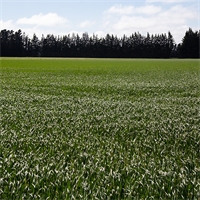
Is magnesium (Mg) important for winter wheat yields and quality, and what’s the best course of acti...
Read More
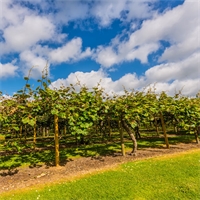
Covid-19 pulled the plug on the global economy with one swift yank earlier this year, and only now g...
Read More
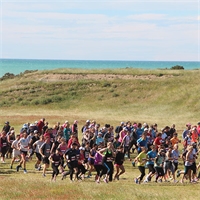
The Longbeach Coastal Challenge committee are excited to extend the Early Bird Entry until the 11th ...
Read More
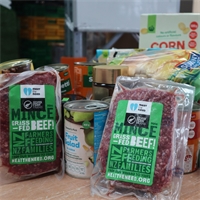
Giving a little is reaping big rewards thanks to a farming initiative aimed at preventing New Zealan...
Read More

Caitlin Hyde is completing her PhD on the appeal of eating insects in New Zealand. She has chosen a ...
Read More
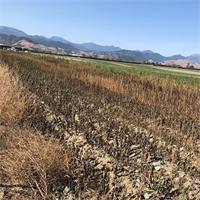
Summer was challenging for the horticulture industry, with drought conditions – which were particul...
Read More